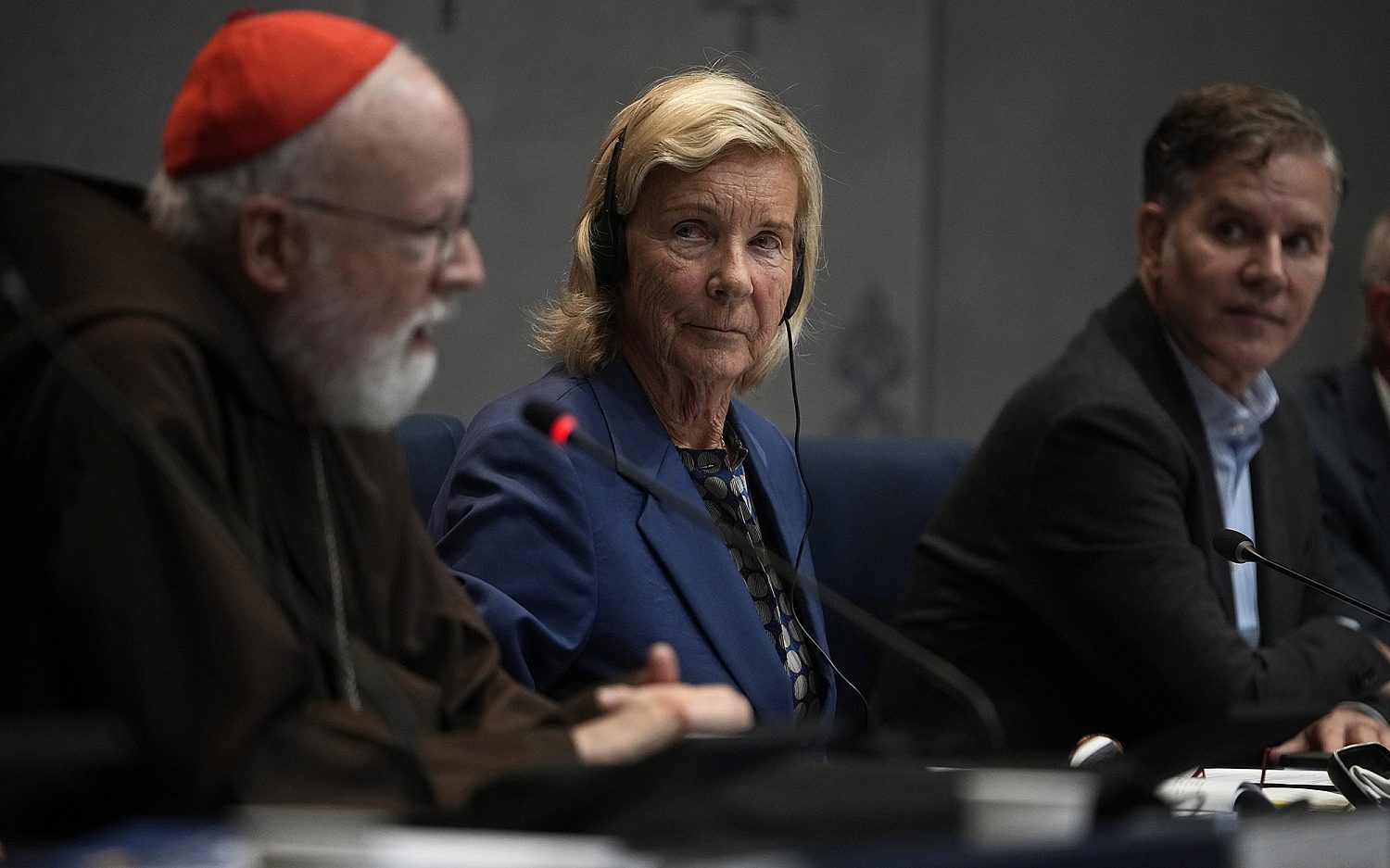Bastille's refreshingly honest musical revolution
In the music industry, spectacle often trumps songwriting. Exhibit A: The buzz generated by Lady Gaga’s recent stunt at SXSW, where a friend deliberately vomited neon paint on her during the performance.
This lurid focus perhaps accounts for why the industry was caught so unaware by Bastille, a band building success the old-fashioned way: catchy tunes and articulate lyrics. After storming the British and American charts of late, the U.K.’s Telegraph admitted that, “No one saw this coming—not critics, not their record company, not even the band.” The news outlet summarized, “They are not remotely hip … they are a people’s band.” In this way, Bastille resembles American rockers Imagine Dragons, the Mormon-based ensemble with clean-cut lyrics whose hit “Radioactive” just broke the record for the longest run—77 weeks—on the Billboard Hot 100.
Bastille takes its name from lead singer and songwriter Dan Smith, who celebrates his birthday on July 14, Bastille Day, the first day of the French Revolution. Yet the name corresponds to more than mere whim. These British newcomers incorporate historical and mythical references into a thoughtful blend of power pop reminiscent of Tears for Fears with an R&B flair.
A case in point is “Pompeii,” Bastille’s breakthrough hit from their 2013 album Bad Blood. With an artful, Bono-esque voice and incisive harmonies, Smith pictures the city’s famous volcanic disaster from the vantage point of someone who was there. Rolling drums underscore how “the walls kept tumbling down/in the city that we love/Great clouds roll over the hills/bringing darkness from above.” Smith wryly asks, “How am I gonna be an optimist about this?” The town’s instant fossilization expresses Smith’s own anxiety of personal stasis, according to his interview with the Telegraph. Considering how to move forward after fear and devastation take their toll, Smith sings: “Where do we begin?/The rubble or our sins?”
A string quartet punctuates the electronic groove of “Things We Lost In The Fire,” where two characters have lost all worldly possessions in a devastating blaze. As Smith sifts through odd paraphernalia in the wreckage—a ticket stub here, a tabletop there—he is amazed at the ephemeral quality of life and possessions: “All that we’ve amassed/sits before us shattered into ash.”
A friend’s self-destructive alcohol abuse is the subject of “Icarus,” which begins with a moving vocal lament. Pulsing drums underscore the urgency of this life and death situation, while Smith summarizes his friend’s doomed course by crying out in the chorus, “Icarus is flying too close to the sun/Icarus’ life, it has only just begun.” Smith’s penchant for penetrating observation comes out again in “Weight Of Living, Pt. II” in which he considers, “Every day that passes, faster than the last did/and soon you’ll be old/Do you like the person you’ve become?”
It is this clear-sightedness and honesty that is most refreshing about Bastille. They peer into dark corners, where important questions emerge. And they do so without giving way to angry nihilism, recognizing the noble elements woven throughout. While not a Christian band, Bastille satisfies by mining this rich stock of material, while adding a great beat to boot.
An actual newsletter worth subscribing to instead of just a collection of links. —Adam
Sign up to receive The Sift email newsletter each weekday morning for the latest headlines from WORLD’s breaking news team.





Please wait while we load the latest comments...
Comments
Please register, subscribe, or log in to comment on this article.